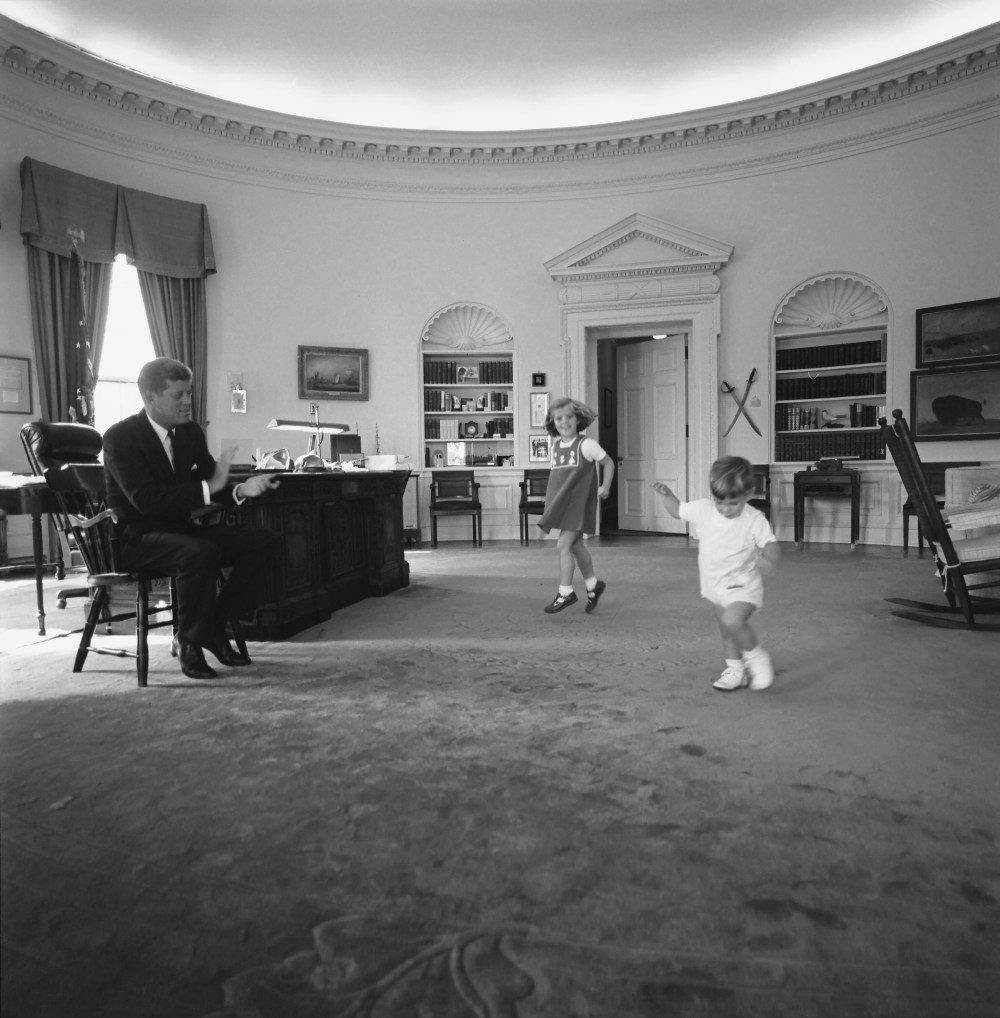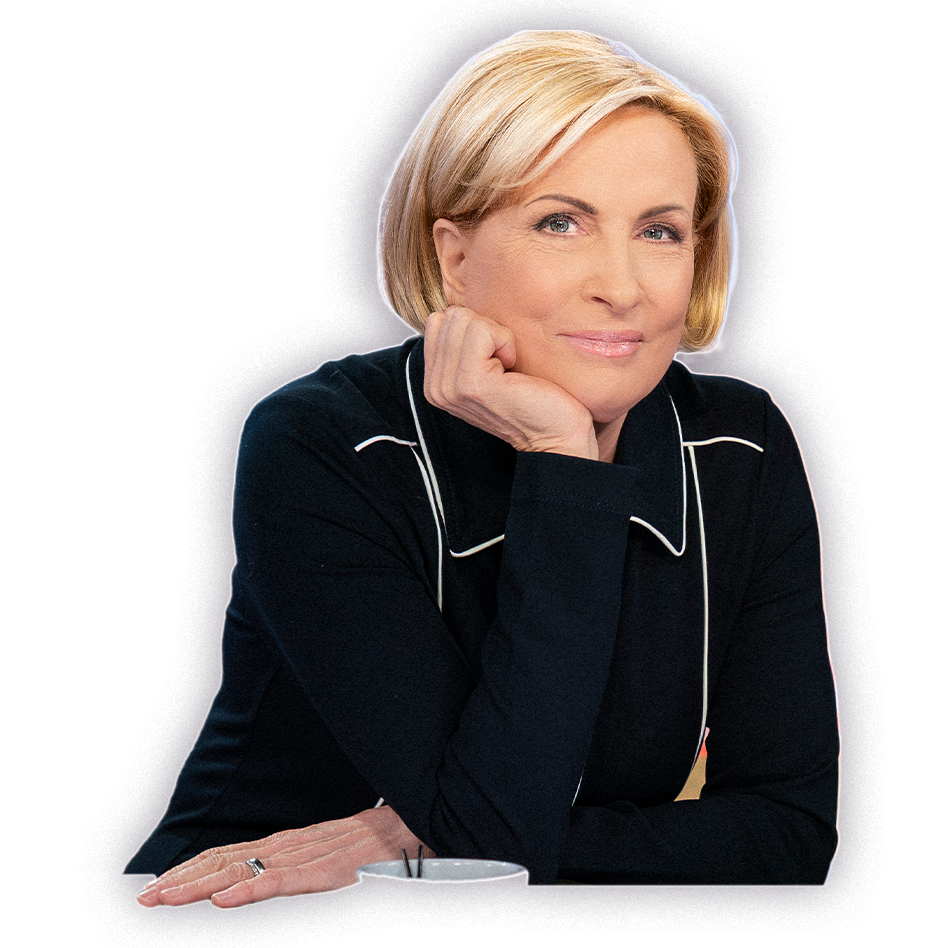… But February made me shiver
With every paper I’d deliver
Bad news on the doorstep
I couldn’t take one more step.
I thought about Don McLean’s classic song “American Pie” when I first heard the news that John F. Kennedy Jr.’s plane had gone missing off the coast of Martha’s Vineyard.
When the story broke on a weekend morning in the summer of 1999, I was in my congressional office catching up on work.
I turned off the TV.
Since the news involved the nation’s most storied political family, I knew it was likely to end in tragedy. I had no desire to see the Kennedy curse played out yet again, frame by bitter frame.
I remember trying to grasp the unimaginable pain that Caroline, John Jr.’s sister, was going through.
Her father, her uncle, her cousins, her mother and now her brother. What could be worse?
A quarter century later, the answer came in a heartbreaking New Yorker article by Caroline’s daughter.
In a beautifully written piece, Tatiana Schlossberg reflects on her terminal cancer diagnosis, the toll her illness has taken on her family and the heartache she faces as a young mother.
Johannah Lowin writes below about that tragic story, the profound love binding a mother to her children and the lasting legacy of love that even cancer cannot extinguish.
Washington Post columnist David Ignatius takes us inside the turbulent negotiations in Geneva that will determine the fate of Ukraine.
Claire McCaskill writes about the government shutdown — and how the deal struck by eight Democrats will help keep the Trump administration more accountable.
Mika tells us about Thanksgivings past inside the Brzezinski home — and makes us all uncomfortable discussing crimes of passion.
Tomorrow, “Morning Joe” will be reporting on a federal judge’s dismissal of the politically motivated prosecutions leveled against former FBI Director James Comey and New York Attorney General Letitia James. The New York Times called the decision a “heavy blow” against Donald Trump, while The Wall Street Journal described the development as a significant setback to the Justice Department.
U.S. District Judge Cameron McGowan Currie ruled that “because Ms. [Lindsey] Halligan had no lawful authority to present the indictment, I will grant Mr. Comey’s motion and dismiss the indictment without prejudice.”
The federal judge made a similar ruling in the case involving James. The Trump administration is likely to appeal — and just as likely to lose that appeal.
I could say “better luck next time,” but I wouldn’t mean it.
Enough is enough.

For my whole life, I have tried to be good, to be a good student and a good sister and a good daughter, and to protect my mother and never make her upset or angry. Now I have added a new tragedy to her life, to our family’s life, and there’s nothing I can do to stop it.
Tatiana Schlossberg, granddaughter of President John F. Kennedy, on the 62nd anniversary of his assassination
‘A GOOD DAUGHTER’: LOVE AT THE EDGE OF LOSS
A guest essay by Johannah Lowin, editor at The Tea and senior producer at MS NOW
The moment I became a mother, two fears — quiet but familiar to every parent — slipped in almost unnoticed. The first was the primal one: that I might lose this child I already loved so much. The second was its mirror image: that fate might take me instead, leaving my child far too young to be without a mother’s love and protection.
For Caroline Kennedy and her 35-year-old daughter Tatiana Schlossberg, those twin fears are tragically close to being realized.
In a devastating piece published this weekend in The New Yorker — on the anniversary of her grandfather’s assassination — Schlossberg revealed she has terminal acute myeloid leukemia.
“I did not — could not — believe that they were talking about me,” she writes of her diagnosis, delivered the same day as her second child. “I had swum a mile in the pool the day before, nine months pregnant. I wasn’t sick. I didn’t feel sick. I was actually one of the healthiest people I know.”
“I had a son whom I loved more than anything and a newborn I needed to take care of,” she continued. “This could not possibly be my life.”
One of the most heartbreaking moments in Schlossberg’s account comes when she confronts the cruel reversal at the center of her illness: becoming the source of the very pain she had always tried to spare her mother.
“For my whole life, I have tried to be good, to be a good student and a good sister and a good daughter, and to protect my mother and never make her upset or angry,” she writes. “Now I have added a new tragedy to her life, to our family’s life, and there’s nothing I can do to stop it.”
That line — like so much of Schlossberg’s essay – makes clear that her story is not only about an unthinkable imminent loss, but also the profound love that binds a mother to her children and a sister to her siblings.
“My sister had turned out to be a match and would donate her stem cells,” Schlossberg writes. “(My brother was a half-match, but he still asked every doctor if maybe a half-match was better, just in case.) My sister held her arms straight for hours as the doctors drained blood from one, scooped out and froze her stem cells, and pumped the blood back in the other.”
That sort of love — even, or especially, in the face of death — is what gives life its meaning.
Tatiana Schlossberg has known that love. She has shared it, and she has received it. And it will long outlast her, enveloping her children in the embrace of the extraordinary family that surrounds them.
In the end, that love will be her legacy — the one thing even fate cannot take.
DAVID IGNATIUS GOES INSIDE THE RUSSIA-UKRAINE NEGOTIATIONS

JS: David Ignatius, where do peace talks stand right now regarding Ukraine?
DI: The U.S. and Ukrainians are working toward a new draft that is going to be different and more favorable to Ukraine than the original 28-point draft Steve Witkoff and Marco Rubio brought to Geneva. That is a reflection of the enormous protest that arose after the leak on Friday that the document gave in to Russia’s key demands and would compromise Ukrainian sovereignty.
JS: Rupert Murdoch’s New York Post and Republican senators have harshly criticized the initial plan. You’ve been talking to people involved in the process. Where do they believe all of this is heading?
DI: Let’s talk first about how this peace plan arose. I’m told discussions began three weeks ago between Witkoff and a slick Stanford- and Harvard-educated Russian who heads their public investment fund. Jared Kushner also got back in negotiations for the White House and they modeled the talks on Gaza.
JS: Talk about the parallels with the Israeli talks.
DI: The White House felt the inflection point with Gaza was Israel’s mistake of bombing Qatar. With Ukraine, they believed the inflection point was Ukraine’s military crisis in the Donbas and the government corruption scandal that has put Volodymyr Zelenskyy at his weakest point politically since he was elected in 2019.
















